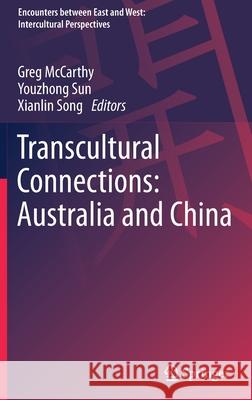Transcultural Connections: Australia and China » książka
topmenu
Transcultural Connections: Australia and China
ISBN-13: 9789811650277 / Angielski / Twarda / 2021 / 246 str.
Transcultural Connections: Australia and China
ISBN-13: 9789811650277 / Angielski / Twarda / 2021 / 246 str.
cena 605,23
(netto: 576,41 VAT: 5%)
Najniższa cena z 30 dni: 578,30
(netto: 576,41 VAT: 5%)
Najniższa cena z 30 dni: 578,30
Termin realizacji zamówienia:
ok. 16-18 dni roboczych.
ok. 16-18 dni roboczych.
Darmowa dostawa!
Kategorie:
Kategorie BISAC:
Wydawca:
Springer
Seria wydawnicza:
Język:
Angielski
ISBN-13:
9789811650277
Rok wydania:
2021
Wydanie:
2021
Numer serii:
000778969
Ilość stron:
246
Waga:
0.56 kg
Wymiary:
23.39 x 15.6 x 1.75
Oprawa:
Twarda
Wolumenów:
01
Dodatkowe informacje:
Wydanie ilustrowane











